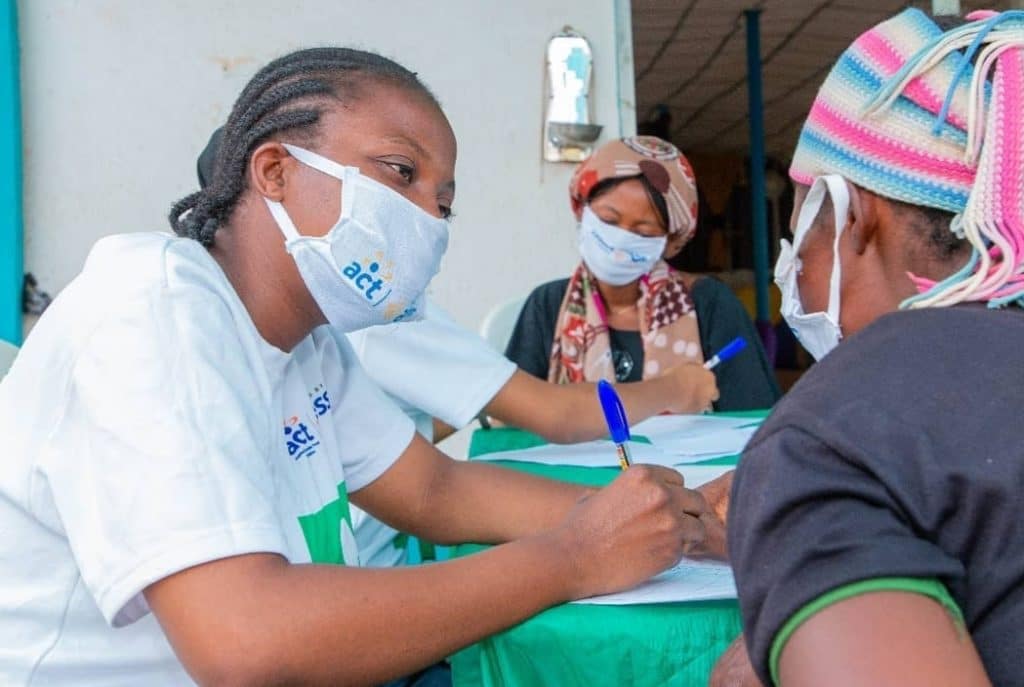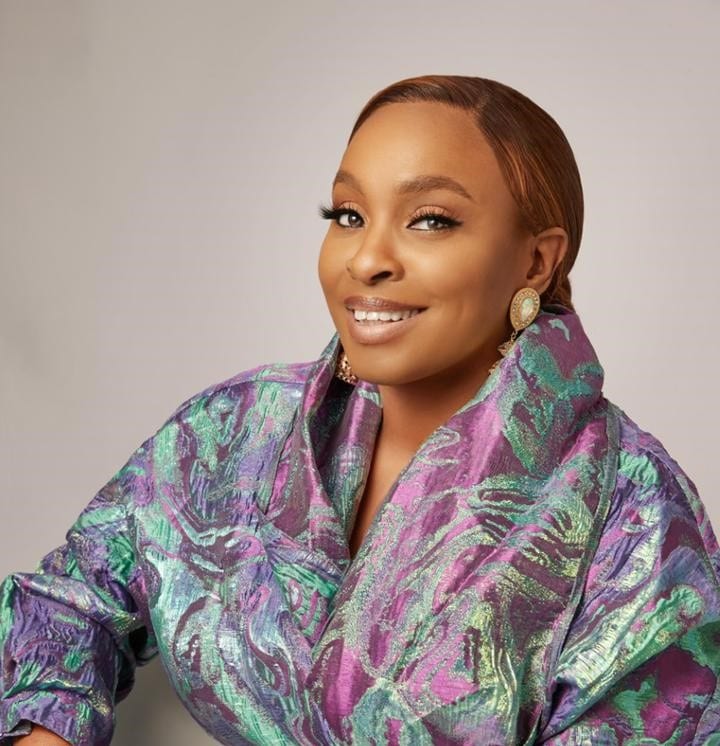Osayi Alile, the CEO of ACT Foundation, on the challenges of grant-making in Africa and the need to solve the continent’s problems, especially in a Covid environment.
The Covid-19 pandemic has triggered possibly one of the most catastrophic crisis across Africa in a decade. The unprecedented events of the marauding virus have led to a dramatic increase in inequalities for millions of Africans especially for those who have no access to healthcare or employment. Among those most impacted by this pandemic and its fallout are those in the informal sector, many of whom are women.
With the virus leading to increased vulnerabilities in several key sectors of economies, African governments have become inundated with many infrastructural challenges affecting their respective populations. In the wake of the widening gap, non-profit organizations are stepping in to ensure the most vulnerable in society do not get left behind, and they are doing this through grant-making.
This, however, presents several challenges. Even though the continent, with 54 countries, is blessed with natural resources and some of the fastest-growing economies in the world, the continent still needs more resources from several sectors to address grave issues plaguing the economy.
Areas like healthcare, social inequality, unemployment and terrorism, have left a number of countries in dire straits, with their governments ill-equipped to provide much-needed resources to fix these issues. As a result, there has been a strong reliance on global grant-making organizations who have the mandate of ensuring positive change in Africa, to help provide the financial resources to solve some of the issues that affect more than a billion people on the continent, across areas like agriculture, education, healthcare and human rights.
The Bill & Melinda Gates Foundation ranks as one of the largest contributors of grants in Africa. In 2016, the organization committed to invest $5 billion over five years in support of health and anti-poverty initiatives in Africa, according to Philanthropy News Digest. With the youngest population in the world, children and youth have become a key focus of grant-making organizations with the demographic receiving more than one in three grant dollars and one in four grants awarded by United States’ foundations for Africa, in 2012, according to a report by the Foundation Center.
Osayi Alile, the Chief Executive Officer of Aspire Coronation Trust (ACT) Foundation, is on a mission to become the leading indigenous grant-making organization across Africa, also tackling these challenges. Starting out as a consultant for Access Bank Plc on its CSR projects as well as being the former executive director of FATE Foundation, a private sector-led not-for-profit organization in Nigeria, Alile is on a mission to empower African NGOs through grants to help solve the pressing needs in their communities.
“Yes, a lot of help comes from abroad but we also need to solve our problems ourselves so that’s where ACT came into being. I came up with the structure and helped to put it in place then, moved on to working full time as CEO for the foundation. We knew there was a lack of funding needed to accomplish what a lot of NGOs wanted to do and we couldn’t wait for someone to solve these issues for us. We decided on the SDG goals like health, environment, leadership and enterprise,” says Alile.
Alile has over 20 years of non-profit experience in Africa and thus knows more than most about the challenges of grant-making in Africa.
“You get a lot of proposals and sometimes people are not as truthful as they should be. So, the challenge is going through proposals in our 30 states in Nigeria and making sure they are doing what they say they are doing. So, you have to make sure you are doing background checks and a lot of energy and a lot of time needs to be spent to make sure we are picking the right organization from the beginning to make the right impact.”
The organization is currently working with 70 organizations with the mission of adding 40 new organizations each year.
“70% of our funding goes to the ones that respond to our funding call each year. In the last four years, we have given over N1 billion ($2.6 million) to NGOs. Sometimes, they ask for N50 million ($131,500) and when I look at their proposal, you realize that’s not what they need. So, we work with them to streamline their organization so they are efficient.”
And in a Covid environment, the need for funding is now more pressing than ever.
“We did a lot last year because our problems were not going away with Covid. Domestic abuse does not change because of Covid. Cancer does not change because of Covid, maternal issues do not change. So, the local NGOs are the ones that had to stay back during Covid and work on a daily basis to solve these problems. With Covid, the number of cases like domestic violence went up by 46% and in some countries all the way to 100%,” says Alile.
As the organization turns five next year, Alile has shifted her focus to also recruit more philanthropists and entrepreneurs to join forces to solve Nigeria and Africa’s problems. They are currently working in Ghana, Cote d’Ivoire and South Africa with a goal to expand to even more countries on the continent.
“I knew we had a lot of NGOs and social enterprises that needed money but I didn’t know it was this much. When we did the first call we got so many people and it was very overwhelming. It is difficult because all the organizations are doing well and when you go to the field and you have to select which ones to give money to, you ask yourself who else is going to give money those who were not selected? So, you need to be able to put structures in place and make sure that every time you pick one organization over another, you are picking them for the right reasons,” says Alile.

One of the lucky organizations that were picked by ACT Foundation is the Women At Risk International Foundation (WARIF), founded by Dr Kemi DaSilva-Ibru. They have been recipients of three grant cycles from ACT in their effort to fight gender-based violence in rural communities across Nigeria.
“The community-based initiative that the ACT Foundation supports is the Warif Gate Keepers project and it is essentially a community-based initiative where we go into rural communities and we encourage stakeholders in these communities to take ownership of gender-based violence, particularly rape and child sexual abuse. Based on our survey, 71% of women in these communities were aware of cases, however, none of them had ever been trained as first responders to cases of gender-based violence.”
ACT Foundations’ grant-enabled Warif to tackle the life-saving issues that comes with gender based violence and empower victims to speak up and seek justice.
“So, our project was to engage these traditional birth attendants who we refer to as gate-keepers where we train them as first responders of cases of gender-based violence and the impact was amazing. First, in terms of our outcomes. Now, we had an additional skill that they were able to offer and then they were also able to cascade the training in an apprenticeship like form. The second impact is as the result, we were able to not only improve on the knowledge but the behavioral change that comes with that knowledge and seek prosecution on behalf of victims,” says DaSilva-Ibru.
The impact her organization has made in the gender space would not have been without grant-making organizations like the ACT Foundation and their willingness to take on organizations with innovative ideas who are ready to implement them and help solve the many challenges facing the African continent.
